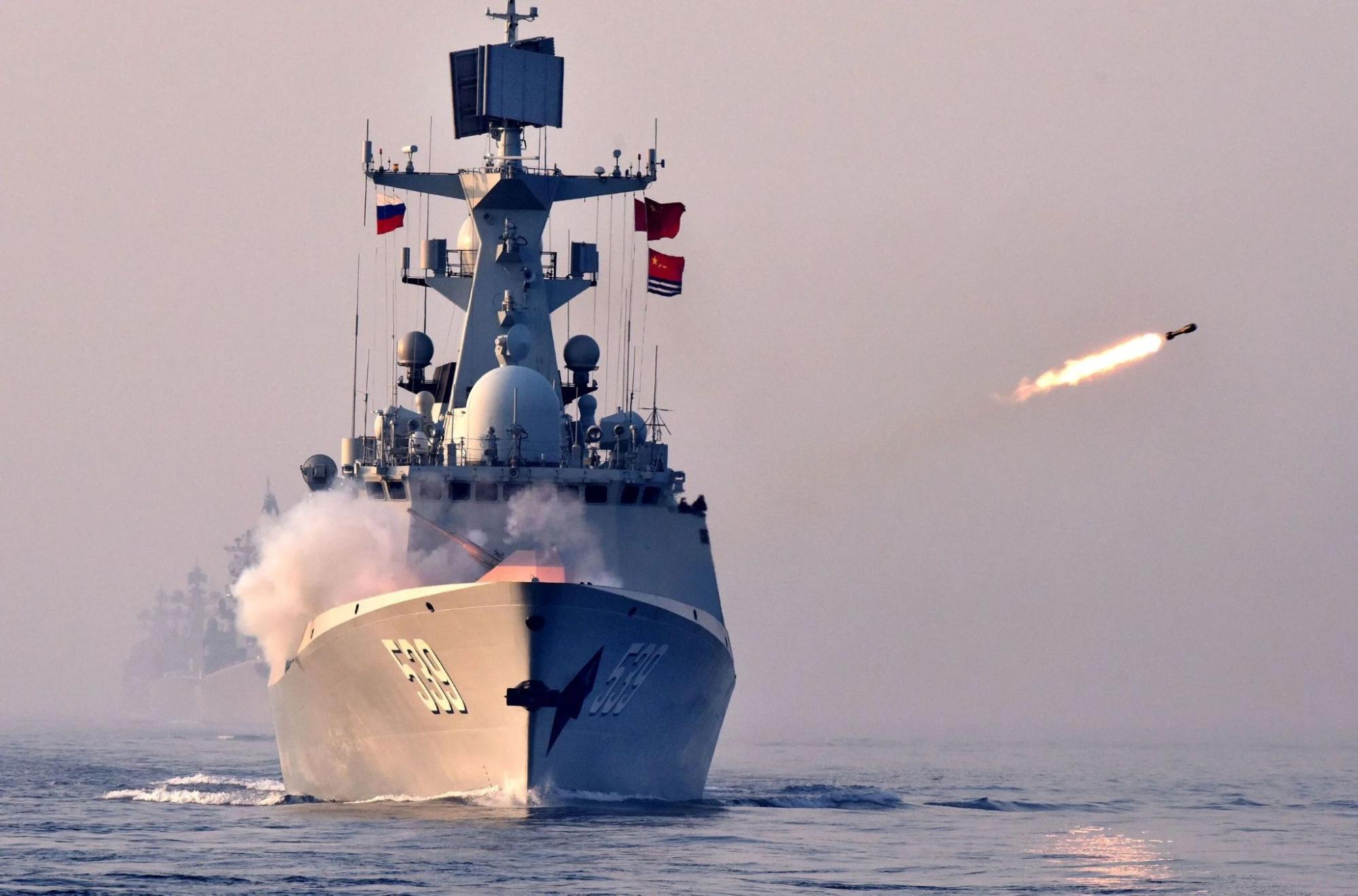Sailing together in the Indian Ocean: China-Russia weekly update
Iran, China, and Russia are conducting joint naval exercises and have only the nicest things to say about one another. But oil and gas revenues might complicate their mutual support if Putin decides to invade Ukraine.

Russia’s Pacific Fleet reports that Russian, China, and Iran will hold combined naval exercises on January 21.
- The announcement of naval exercises is in cycle, as a Russia-China-Iran exercise was held in December 2019 while Russia and Iran held a bilateral exercise in February 2021.
- Interestingly, China did not attend the 2021 exercises despite the Russian ambassador to Iran’s insistence that the P.R.C. would attend. China’s inclusion or non-attendance at the exercises will be notable.
- Iranian President Ebrahim Raisi is meeting with Putin in Moscow this week.
Moscow, Tehran, and Beijing share similar perspectives on constitutional democracy but have starkly different energy interests. Assuming that Russian President Vladimir Putin invades Ukraine or otherwise escalates conflict, the three sides will face a difficult task of balancing diplomatic ties and economic interests amid whatever new energy equilibrium emerges from this crisis.
Russia’s ominous military exercises
As the world frets about Russian aggression against Ukraine, Russia and Belarus announced they will hold combined military exercises called Allied Resolve in February.
- The first phase will see Russian military forces deploy in Belarus through February 9.
- The second phase will purportedly take place from February 10 to 20, and will include “tasks of suppressing and repelling external aggression during a defensive operation.”
- The Russian navy also announced it will hold exercises in “all zones of responsibility” in January and February.
The timing of the second stage may be signaling to Beijing that any substantial Russian escalation in Ukraine will not take place until (at least) the Olympic Opening Ceremony has passed.
- Escalation dangers in Ukraine will likely peak around the Russia-Belarus combined military exercises but after the February 4 Winter Olympic Opening Ceremony, when Putin and Xí Jìnpíng 习近平 will meet for a summit. The two leaders will likely use the summit to announce natural gas deals and/or the expansion of political and military ties.
- Putin’s escalation options and Olympics attendance could be hampered by Russia’s surging Omicron cases, however. Russia’s (unreliable but directionally accurate) official results show that cases have nearly doubled in the past week.
China’s Liquefied Natural Gas sale
China’s Sinopec oil company announced a sales tender for up to 45 Liquefied Natural Gas (LNG) cargoes from February to October. Sinopec’s sale may have led European natural gas prices to decline slightly, diminishing Putin’s energy leverage.
While Sinopec’s trade was likely motivated by economics, as LNG prices are currently quite high, Beijing surely could have blocked or delayed sales to signal political support for Putin. While the LNG sale tale is far from over, it could provide hints into how Beijing would manage its complicated economic, energy, and political interests amid a second Ukraine crisis.
Click through to The China Project for the archive of China-Russia weekly updates, or see the author’s comprehensive China-Russia Report.






